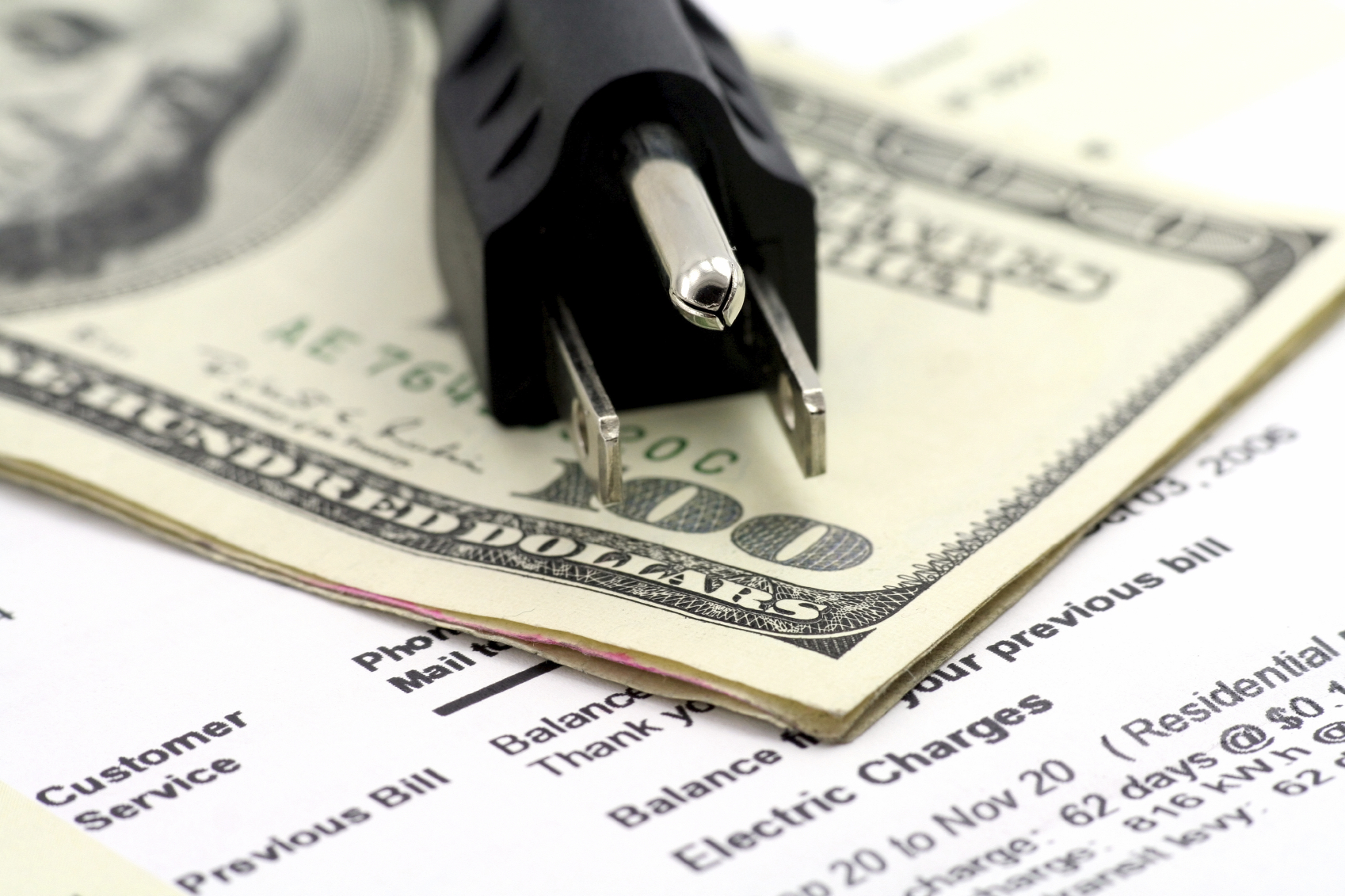Escalating Energy Costs: How You Can Prepare for Higher Summer Utility Bills Now

The summer months are a traditional time of higher electricity usage due to widespread use of air conditioning. Further, additional power demands mean that summer is a peak time where all sources of generation are needed, including utilities’ most expensive sources. The result is not only higher electricity bills for consumers – but the risk of blackouts when insufficient energy is available.
This seasonal stress compounds the effects of electricity rates that are already up over last year nationwide.
Here Are Some Ways to Reduce Your Summer Electric Bill:
Reduce your consumption and increase the efficiency of electricity use by raising your thermostat to 78 degrees, installing a programmable thermostat, or replacing your air conditioning filter.
When purchasing new or replacement appliances, choosing the most energy-efficient model can save money in the long run.
Many electric companies are required to offer their customers energy efficiency programs and rebates to help reach maximum efficiency in your home and lower the amount of energy used each month. For more information on energy savings and assistance programs in the Mountain State, visit your utility provider's website.
- American Electric Power (AEP):
Appalachian Power and Wheeling Power
- First Energy Corporation:
Monongalia Power and Potomac Edison Power
Review your electric bill to understand the rates you will be paying and ensure you get the best available rate.
Read more about additional small steps you can take that add up to big savings on your summer electric bills.
-----------------------------------------------------------------------------------------------------------------------
Special Programs: There are several Special Programs available to help you with your electric costs, including:
Budget Billing: Most electric suppliers offer budget billing, which allows you to pay a fixed about each month. Any customer may choose to use budget billing simply by contacting your electric utility or supplier and requesting budget billing. Contact your utility provider for more information.
Low-Income Home Energy Assistance Program (LIEAP): The Low Income Energy Assistance Program (LIEAP) is a federally-funded program available to help eligible customers in West Virginia with their utility bills. The program is administered by the West Virginia Department of Health and Human Resources.
Weatherization Assistance Program: This program can assist if you live in a home that is too cold in the winter or too hot in the summer. Weatherization Assistance Programs (WAP) are available to assist with potentially costly home improvement projects. Click here for a comprehensive list of programs and resources available to help homeowners, or learn more about participating and applying for the West Virginia Weatherization Assistance Program.


